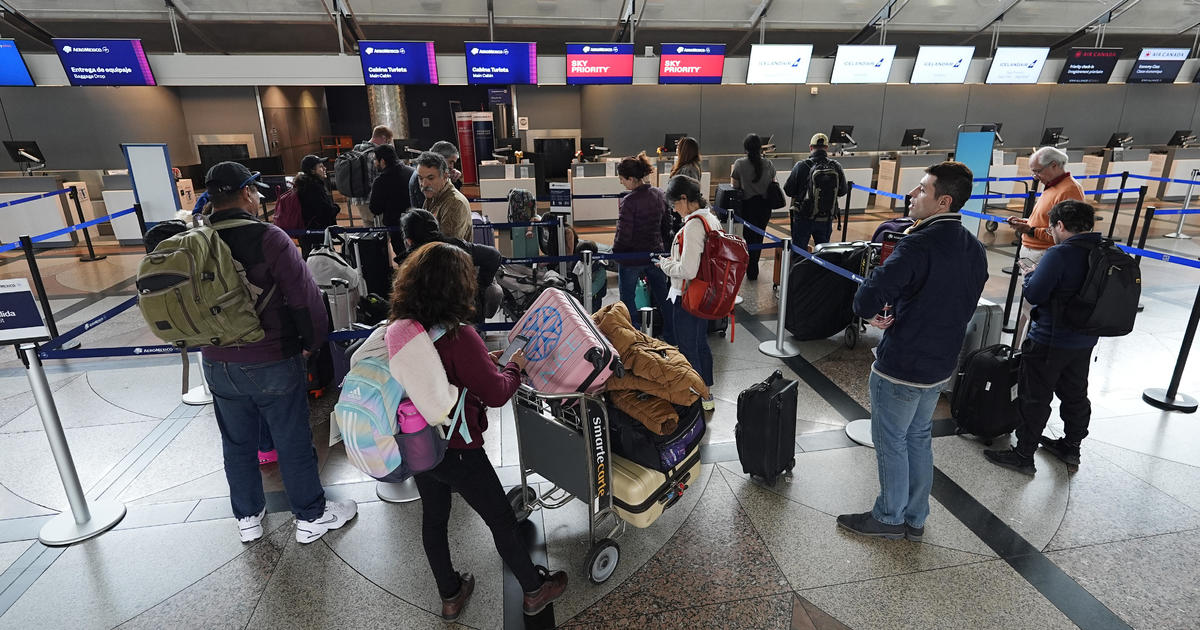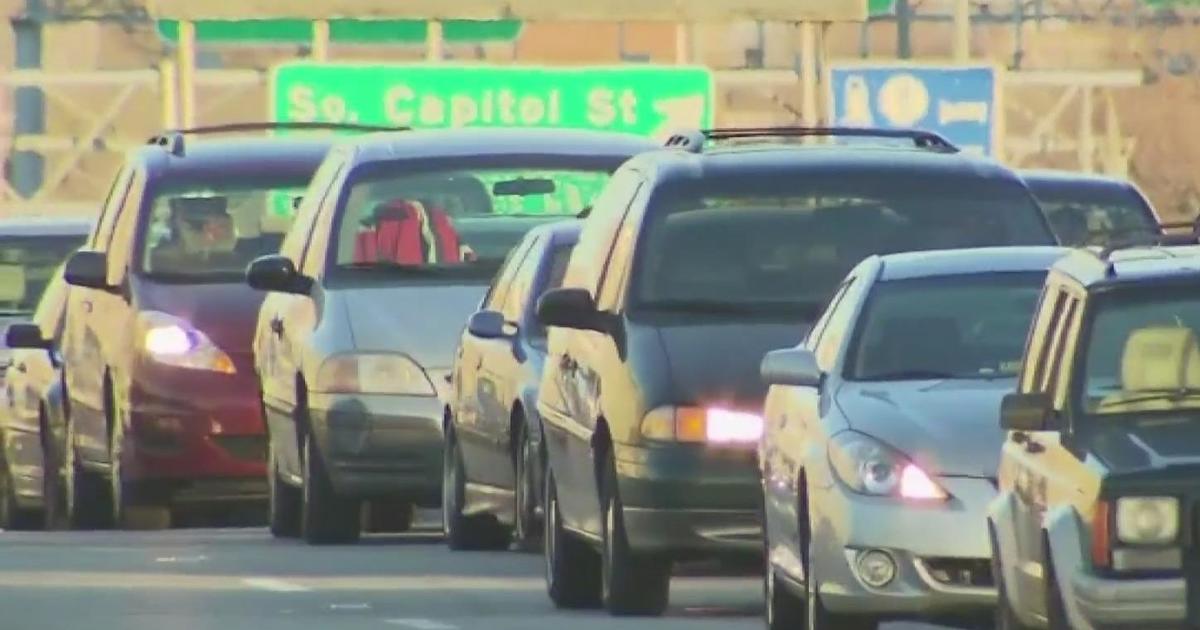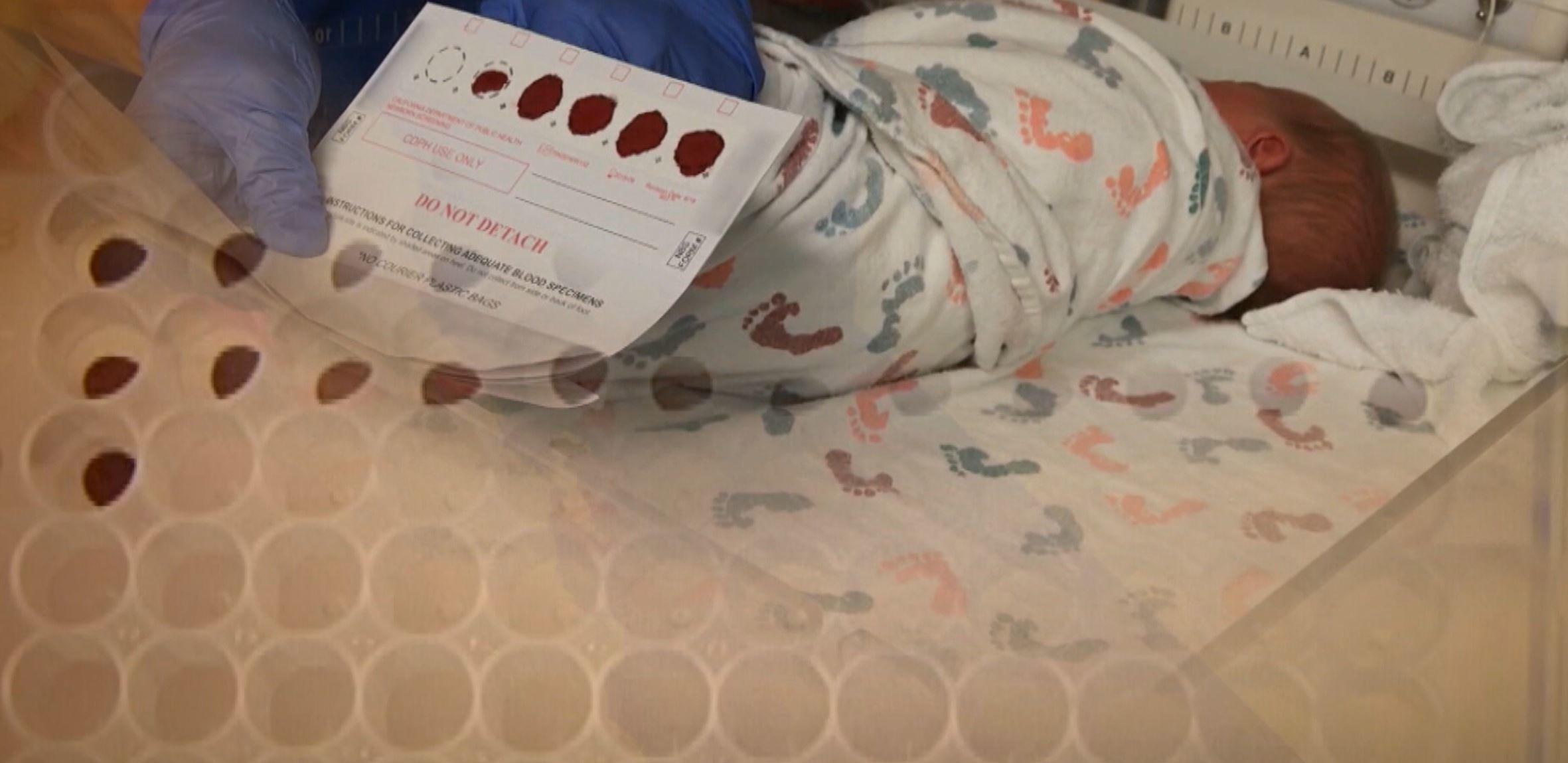New California Laws Involve Equal Pay, Gun Restrictions
SACRAMENTO, Calif. (AP) - Here is a look at some of the new laws taking effect on Jan. 1 in California:
EQUAL PAY:
Female workers in California get new tools to challenge gender-based wage gaps under a law supporters say offers the strongest equal-pay protection in the nation. The legislation places the burden of proof on an employer to show a man's higher pay for similar work is based on factors other than gender. It also prevents employers from retaliating against workers discussing or asking how much their male colleagues are paid, though employers aren't required to provide that information.
MINIMUM WAGE:
California's minimum wage rises to $10 an hour from $9 an hour, well above the federal minimum of $7.25 an hour. In addition, amid a national debate about income inequality, several legislative and ballot initiative proposals will push for a $15 an hour minimum wage as early as 2020. Two union factions have submitted competing minimum wage ballot initiatives for 2016.
Cheerleaders for professional sports teams will be entitled to minimum wage under a new law that requires teams to classify them as workers instead of contractors. The law also provides them with sick leave, overtime pay and other labor protections available to team staff. The law is believed to be the first of its kind in the nation.
GUN CONTROL:
California becomes the first state to allow family members to ask a judge to remove firearms from a relative who appears to pose a threat. Democrats proposed the legislation in response to a deadly 2014 rampage near the University of California, Santa Barbara. Victims' relatives said the parents of 22-year-old Elliot Rodger were blocked from seeking help for their troubled son before the rampage.
A separate new law requires that certain airsoft BB guns and pellet guns come with bright markings to distinguish them from real firearms.
Another law extends a ban on concealed weapons at K-12 schools and community colleges, removing an exemption that previously allowed people with concealed weapons permits to carry firearms on school grounds.
ABORTION
Crisis pregnancy centers that discourage women from getting abortions will be required to provide information about the procedure, affordable contraception and prenatal care. Clinics operated by abortion opponents sued to block imposition of the new law, arguing that it is forced speech, but a federal judge rejected the claim.
SEARCH WARRANTS
Law enforcement officers will be required to obtain a search warrant before they can obtain emails, text messages, online history and other digital data from suspects.
RIDE-SHARING:
Ride-sharing services such as Uber and Lyft will have to participate in a California Department of Motor Vehicles program and regularly monitor the records of drivers. The system flags actions of license holders such as DUI arrests.
STUDENT PRIVACY:
California enacts what supporters say is the nation's toughest law for protecting student privacy rights by barring companies from using their personal information for profit. Companies are responsible for protecting any personal information that they gather from elementary and high school students and the data can only be used for school purposes.
BALLOT INITIATIVES
The fee to file a California ballot initiative proposal increases from $200 to $2,000, an effort to limit frivolous proposals and recoup administrative costs.
PREPAID CELLPHONES
Customers will see added charges when buying prepaid cellphones or adding minutes to the devices. The fees, already paid by landline customers and other cellphone users, help fund the 911 system and phone services for low-income and disabled residents.



